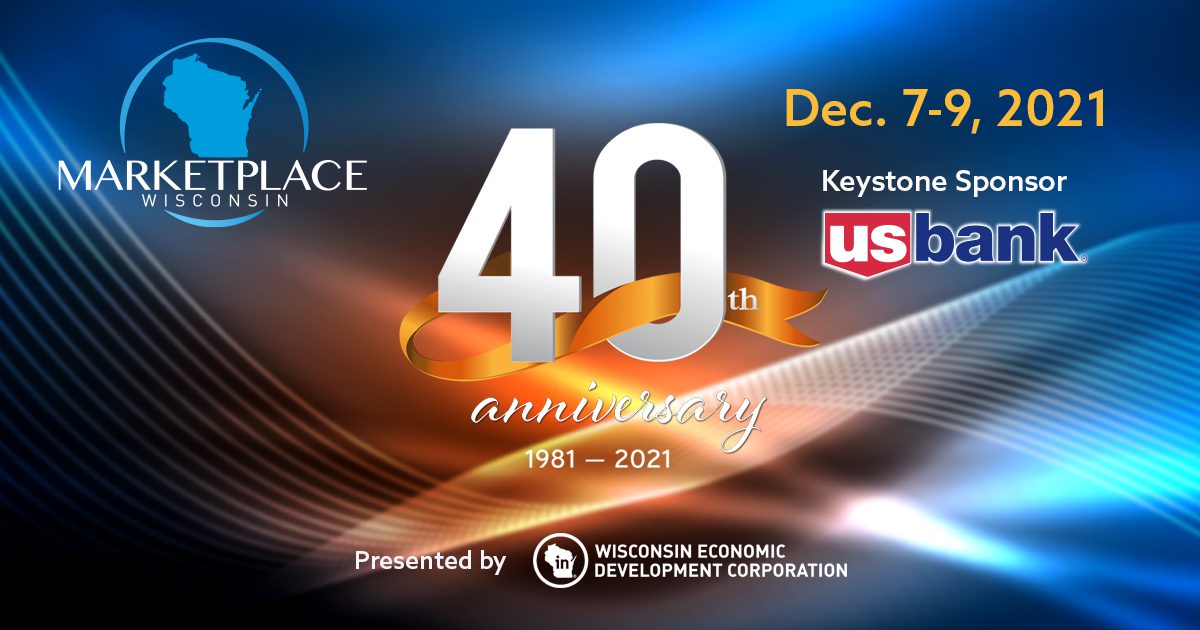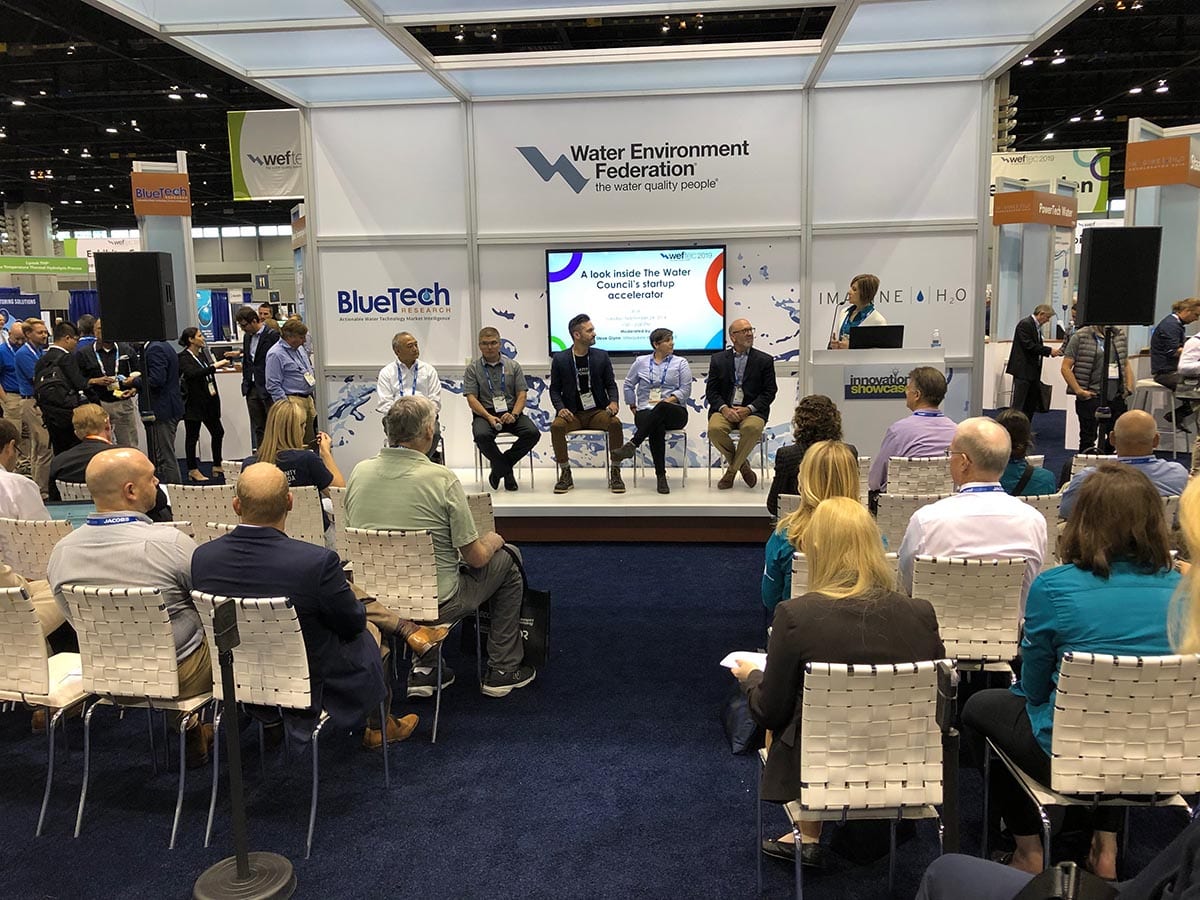
Equipping students with the skills and experience needed for today’s high-tech manufacturing jobs starts at the high-school level or even earlier. In a session at the Manufacturing Matters conference, Kathleen Heady, director of sector strategy development for the Wisconsin Economic Development Corporation (WEDC), outlined some of the initiatives taking place in Wisconsin to develop this next generation of workers.
Heady shared the details of WEDC’s Fabrication Laboratories (Fab Labs) Program, now in its second year. The program, which supports hands-on science, technology, engineering, arts and math (STEAM) education by assisting public school districts with equipment purchases for fab labs, received 90 applications for 25 available grants last year, and will announce a new round of grant recipients this spring.
Stoughton Area School District Administrator Tim Onsager spoke about Stoughton’s experience as home to the first high school in Wisconsin (and only the second high school in the U.S.) to have a fab lab.
In contrast to a longstanding custom of companies donating outdated equipment to schools, for fab labs, schools purchase the latest equipment and students graduate knowing how to use it. Students also gain experience combining creative thinking and technical knowledge to solve real-world problems: Onsager said Stoughton students have made a trailer, an electric guitar, a fully functional drone and even a prosthetic hand, all taken from initial concept to tangible object in the district’s fab lab.

Originally opened with funding support from local businesses, industries, foundations and service organizations, Stoughton’s fab lab is now giving back to the local community as well as local students, said Onsager: “It’s a true partnership.”
Heady mentioned several other initiatives that are helping to tailor Wisconsin students’ experience and skills to what employers need:
- Inspire by Career Cruising, software provided by the Wisconsin Department of Public Instruction for academic and career planning for grades 6 through 12, that aims to connect education and industry with employer profiles, career coaches and work-based learning experiences.
- A statewide deployment of the Inspire software by WEDC in partnership with regional economic development organizations, currently including M7, MadREP, Prosperity Southwest, 7 Rivers Region, Rock County, Sheboygan County and Door County.
- The UW System’s Career Connect portal, which connects students and employers for career opportunities and internship positions.
- Wisconsin Career Pathways, a resource of the Wisconsin Technical College System with resources for educators, students and job seekers to help align Wisconsin’s workforce with the needs of employers.
- Waukesha County Technical College’s Dual Enrollment Academy, which aims to provide high school seniors with a head start in jobs in high-demand fields such as tool and die, welding/fabrication, automation systems, robotics and hospitality, by allowing them to earn college credit while still in high school.
- The Cardinal Manufacturing Program, a student-run, self-funded business at Eleva-Strum High School, in which students learn not only manufacturing skills but all the skills of operating a business.






